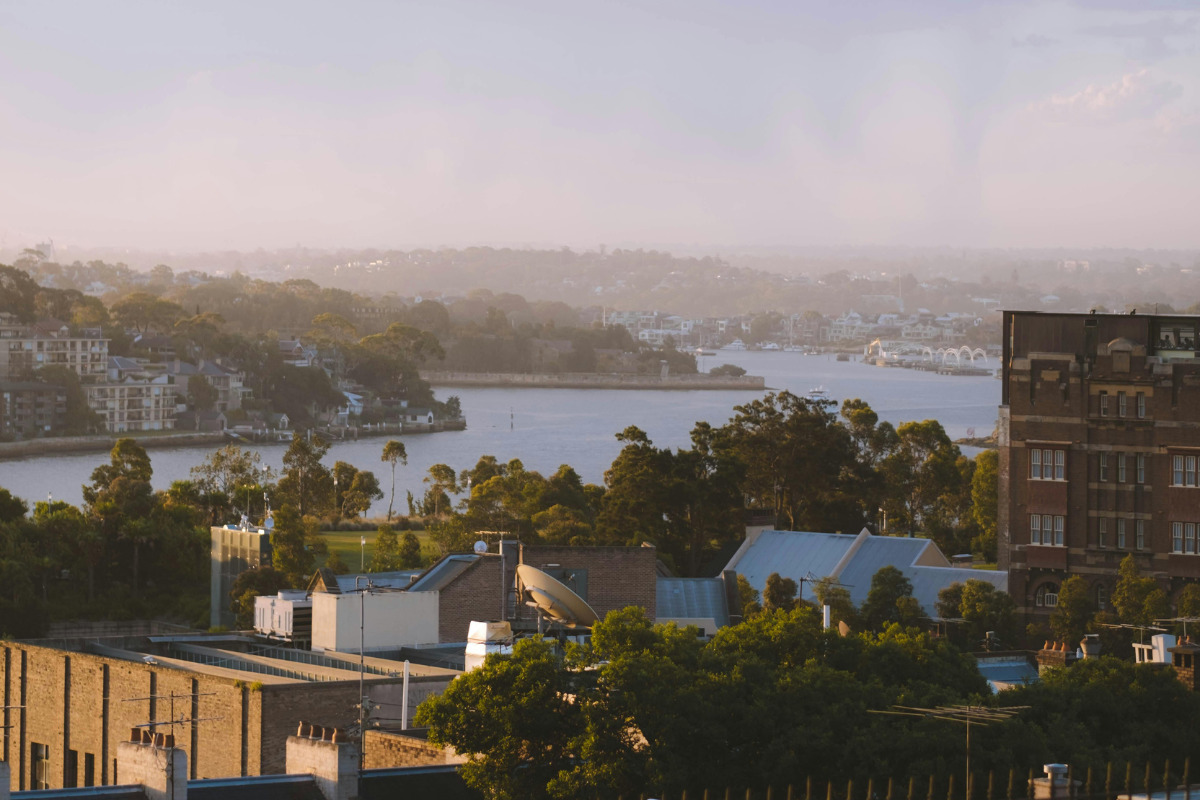Considering Buying Property Interstate
Property investing is a national game. You need to be prepared to look interstate to make sure you’re getting the best deals to help you build your wealth.
Other states may have markets driven by different economic factors than where you live. They may have high yielding areas, or places with untapped capital growth potential. Plus some markets may be at the bottom of their cycle while others are at the top. Investing in a diverse range of locations can help turbocharge wealth building, while also spreading your risk. Let’s break it down.
Many happy returns
One of the major benefits is the higher rental yields. Especially if you are based in Sydney, where yields are low due to high values.
Mining and holiday areas in Queensland or Western Australia can offer rental yields above 10 per cent if you know where to buy. Yields that high will not only be positively geared, but will bring in a healthy amount of extra income each month, which you can funnel into paying off lower yielding investments, or speedily grow deposits for further investments. Super high yields can also allow you to be debt free on such assets in a shorter period of time, if that suits your strategy.
Growth potential
Some interstate markets may offer better capital growth prospects than your own area. This could be because your local market is at a peak while an interstate market is in a trough; or there might be emerging markets in other parts of the country that have good infrastructure investment, a booming population and an improving economy.
Good examples of these are Brisbane and Perth which had not experienced growth for some time until recently and have spent 2023 and 2024 catching up for lost time.
Areas in this category are also favourable for their lower entry costs. It is much easier to afford to enter the market in Adelaide or Hobart, for example, than it is to get in in Sydney. It is also easier to accumulate multiple properties from a borrowing risk perspective.
Diversification
Geographical diversity in an investment portfolio mitigates risk. If one area experiences a market downturn, you can have your bacon saved by investments in other areas that are performing strongly. For the same reason, you will also have better access to multiple growth opportunities without being tied up in one area.
So what about the risks?
You may want to invest on the other side of the country and have absolutely no idea what life is like there. What is driving the economy? How likely are things to change? What are tenants looking for and is it the same thing that will also boost resale value?
Then there are the extra costs. Travel expenses for any inspections you want to conduct personally, potentially higher fees for property management agencies and differences in how stamp duty or land taxes are calculated in other states. Council rates or strata levies could be more expensive and, when you put it all together, you might find the value of the investment significantly diminished.
Vacancy risks may also be different in an unfamiliar environment. Some of those high yielding mining suburbs for example are only worth anything while there are people working there. If a project shuts down, you might find yourself with no tenants and a property worth next to nothing.
Preparation essential
The above risks make it all the more important to be on top of your diligence game. You should access and read all the property and economic data you can find about an area before taking the plunge. Then, you need to get the right team around you. Buyer’s agents, mortgage brokers, lawyers, accountants and property managers are essential. These guys buy, sell and facilitate the transactions of properties for a living. Their experience and expertise could be the difference between building solid wealth for a long time to come and losing it all on a dud investment. If you need help figuring out what your strategy looks like or you need more information, reach out to the Investor Relations team at B.Invested.



